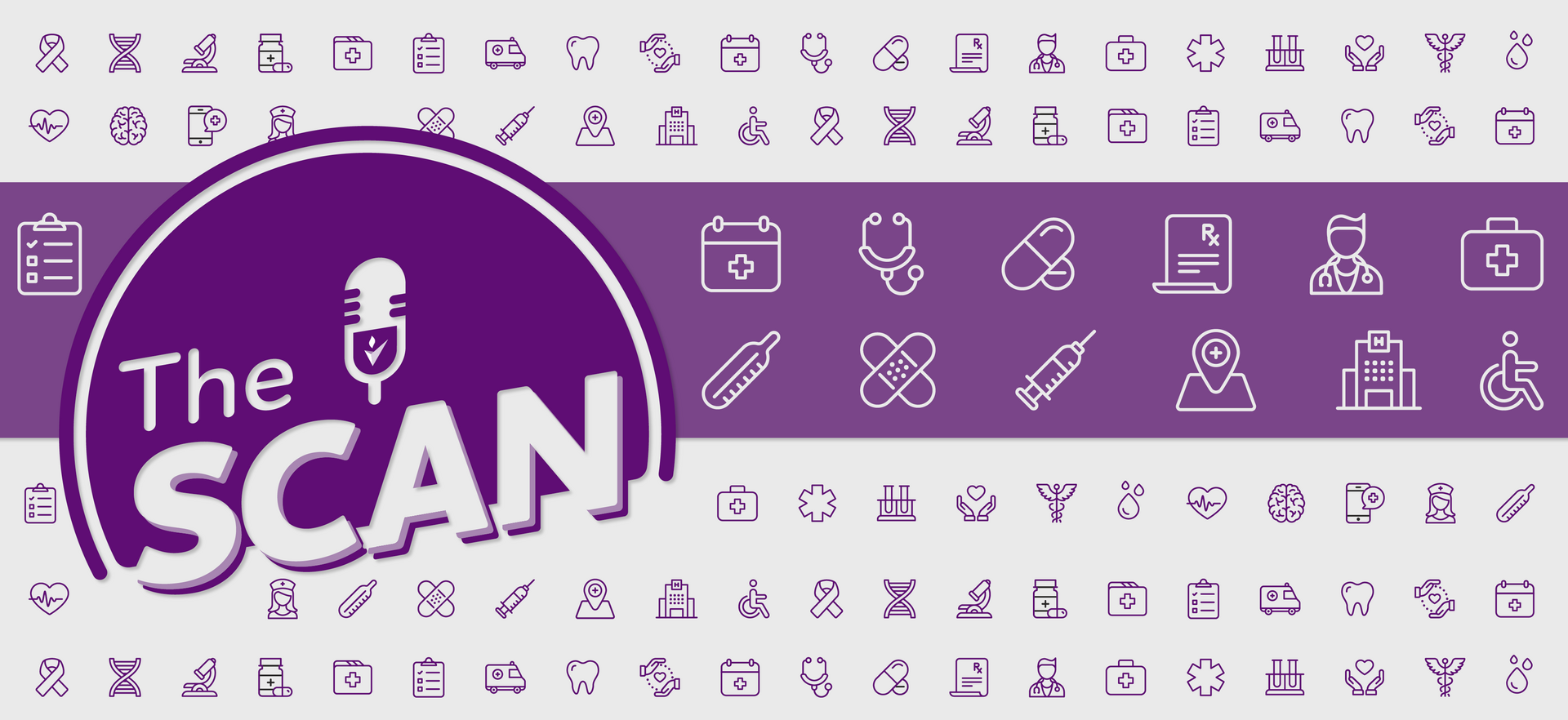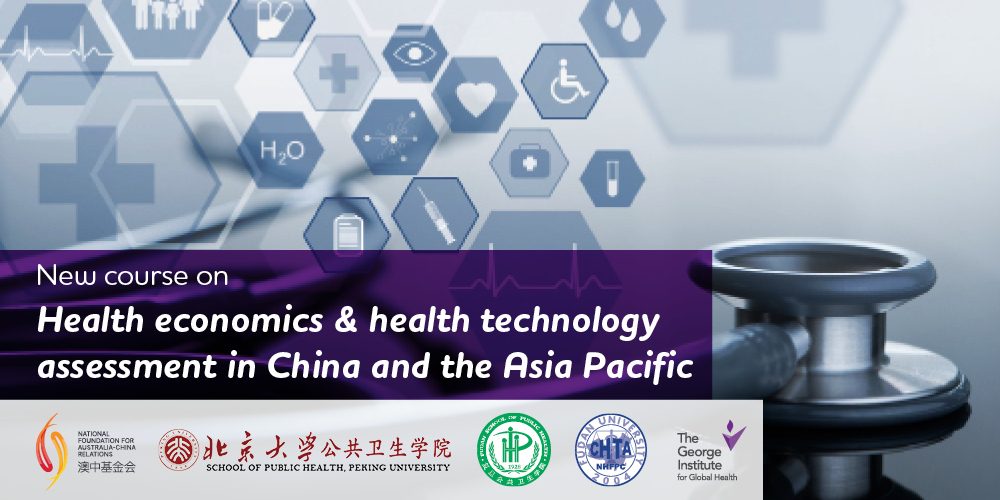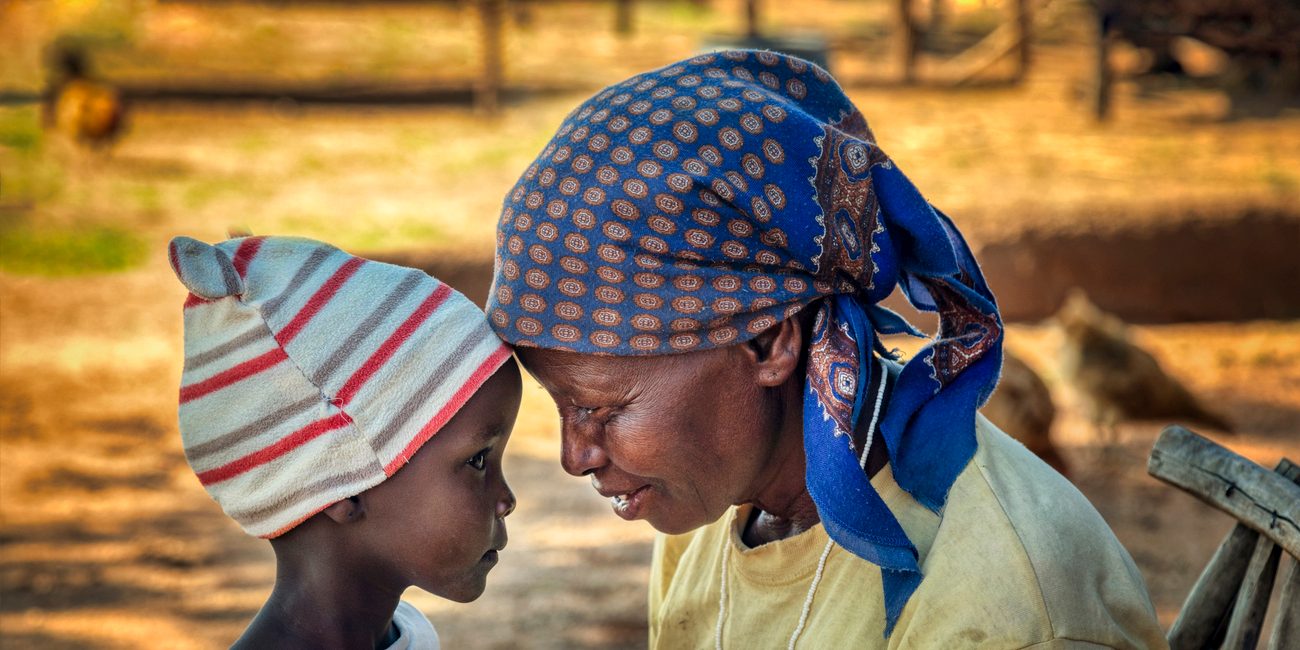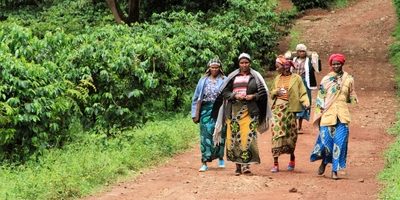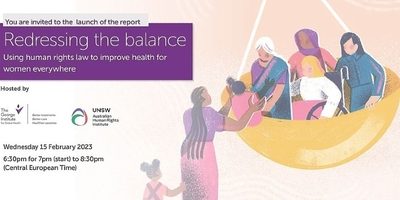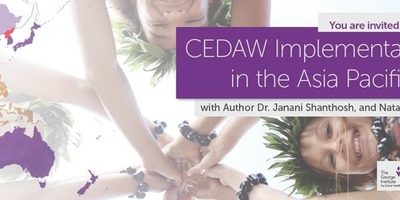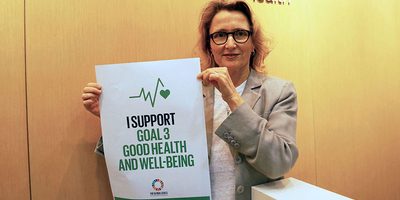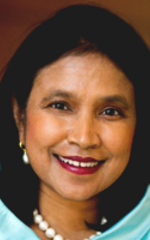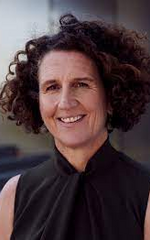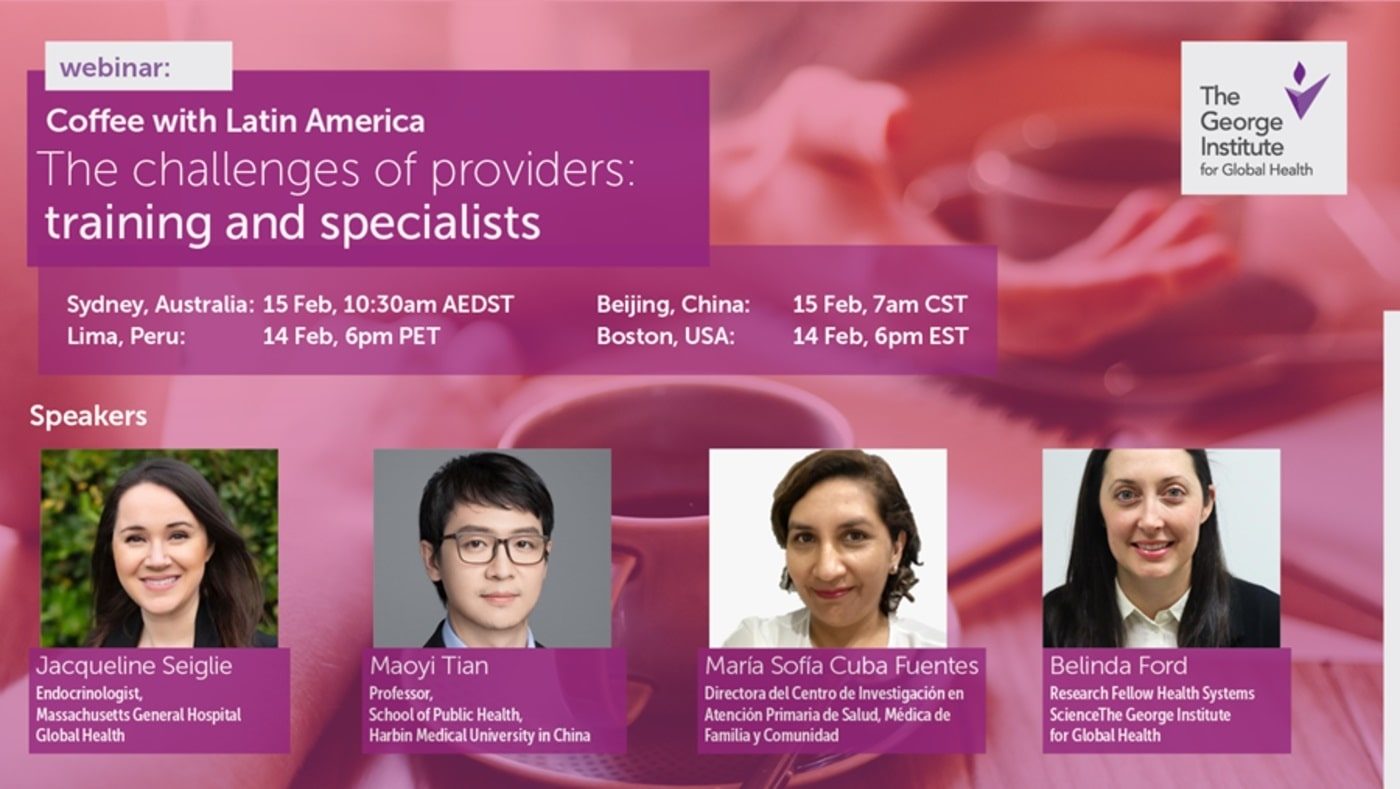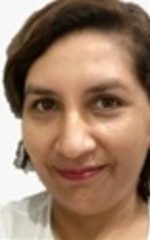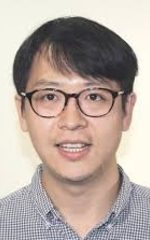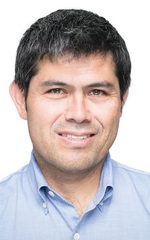Universally ratified in 1979, the United Nations Convention on the Elimination of Discrimination Against Women (CEDAW) has been celebrated as one of the most powerful mechanisms for encouraging state action to eliminate violence against women and reduce gender inequities globally.
Countries that have ratified the Convention, considered an international bill of rights for women, commit to changing their laws to uphold women’s rights, including health-related rights, through reviews and recommendations provided by the UN CEDAW Committee every four years. Civil society organisations provide ‘shadow’ reports, which offer essential context that is often missing from government reports, as well as insights into how these laws, programs and policies are ‘living’ in society.
Launched in 2021 by The George Institute for Global Health and the UNSW Australian Human Rights Institute, The CEDAW Implementation Map on Women’s Health is a unique tool that collates all health-related recommendations and determines the nature, scope and extent of their implementation, tracking the effectiveness of the review system in motivating government action.
Initially focussing on 30 countries in the Asia-Pacific region, its new report was launched on February 16 in Geneva. Redressing the Balance: Using human rights law to improve health for women everywhere draws on case studies and data from 117 countries, assessing how well each has implemented laws to address key issues such as sexual health and domestic violence, in alignment with their international legal obligations under CEDAW.
Lead author and Senior Research Fellow at The George Institute Janani Shanthosh says the report aims to make this kind of legal information more accessible to a broader audience, particularly for those working towards gender equality.
“This report provides insight into why the law matters to women's health and how it works in different parts of the world, as well as where it is failing to protect women,” Janani explains. “I hope it helps break down the legal jargon and provides civil society organisations and researchers with the information they need in an accessible form to advocate for better women’s health laws in their respective countries.”
Despite the powerful role law can play in improving women’s health, laws can be inequitable and ineffective if they are poorly designed or implemented. Governments may introduce poorly designed laws because they lack clarity on how to translate their commitments under international human rights law into national laws, and on the kinds of legal frameworks that facilitate better health outcomes for women.
“The report tries to identify best practices and legislation that can be adopted in other jurisdictions and adapted for that context,” Janani explains. “Where have laws been introduced that have successfully reduced or prevented gender-based violence? How can we better provide access to healthcare for vulnerable groups of women such as refugees, migrants or asylum seekers? How do these laws need to be supported by other programs to be effective and acceptable?”.
The report also explores the ways different aspects of women’s lives can expose them to intersecting forms of discrimination and marginalisation, and ultimately, a disproportionate burden of poor health and social outcomes.
Leading international women’s rights experts provide insight regarding key issues facing women in vulnerable situations, while civil society organisations share their concerns regarding reforms introduced by governments and how these laws have impacted women’s health-related human rights. The report’s recommendations aim to inform the future agenda for action by governments, the UN and civil society.
“The global pandemic has eroded hard-fought gains in gender equality, and the space for women’s rights groups to hold the line is closing in many contexts,” says Janani. “Ultimately, the report’s aim is to help facilitate constructive dialogue among governments, human rights advocates, global health researchers and the many other actors working to advance women’s health, as well as improve the efficiency and effectiveness of UN agencies involved in strengthening women’s rights.
“Countries that reform and fully implement gender equality laws have every opportunity to produce better health outcomes for women. We join the thousands of other organisations working towards gender equality and hope these findings contribute to urgent legal reform.”
Access the report here.


